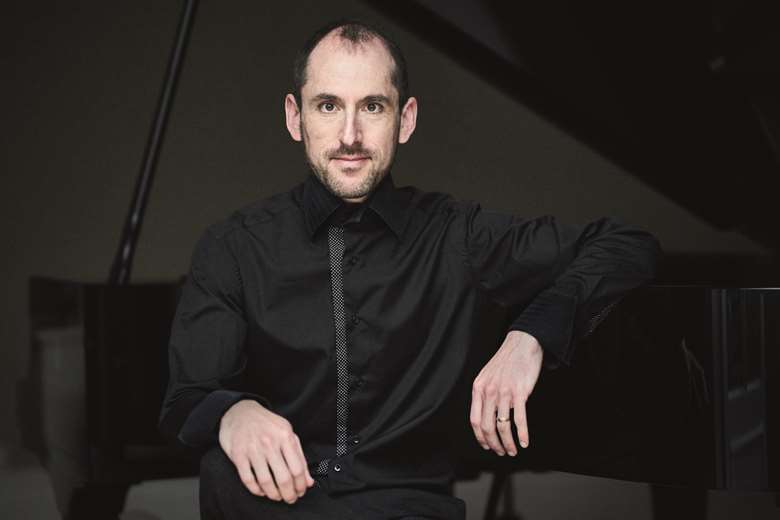Q&A with pianist, Danny Driver
Friday, February 2, 2024
International Piano meets Danny Driver

Register now to continue reading
This article is from International Piano. Register today to enjoy our dedicated coverage of the piano world, including:
- Free access to 3 subscriber-only articles per month
- Unlimited access to International Piano's news pages
- Monthly newsletter






